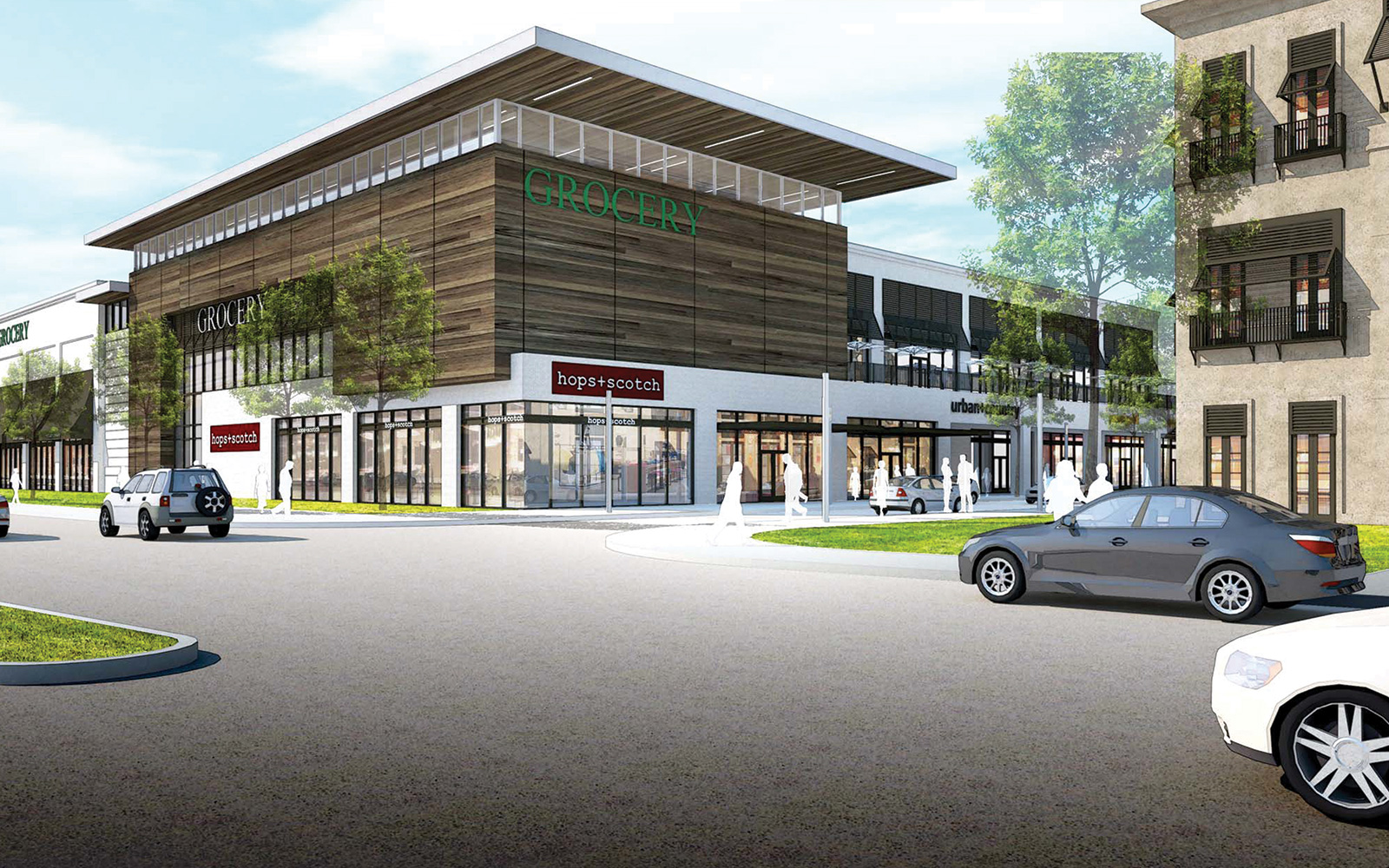Major SouthPark redevelopment plan approved by City Council
Charlotte City Council on Tuesday night voted to approve a major redevelopment plan that will reshape a large part of SouthPark, adding another dense, urban mixed-use development to an area that originally grew around a suburban shopping mall.
Council members said they were concerned about the effects the plan by owner Synco Properties and partner Schlosser Development Corp. to redevelop the aging Colony apartments at Sharon and Colony roads would have on traffic. But, council members said the overall benefits to the area, as well as the promise of including affordable housing, won them over.
The apartments date to the early 1970s. The $400-million new development would bring almost 1,000 new apartments, along with offices, shops and a hotel to a site that is currently home to just 353 apartments.
“I probably was more uncomfortable with this because of traffic,” said council member Julie Eiselt, a Democrat, echoing many of her colleagues.
Council member Greg Phipps, also a Democrat, said he is worried about traffic and dubious about the idea that more pedestrian-friendly development will change habits. He said he doubts whether, “All of a sudden, everybody’s going to start walking around.”
Strong support from the surrounding neighborhoods and affordable housing units tipped the scales, however. The rezoning request passed unanimously.
At 27 acres, the project would be one of the largest redevelopments in the city, creating a major mixed-use hub in the heart of SouthPark. The plan is the latest in a wave of redevelopment sweeping SouthPark, including the pending redevelopment of Sharon United Methodist Church into apartments, offices and retail.
Without city incentives, the developers agreed to set aside 55 apartments as affordable housing for those making less than 80 percent of the area’s median income. The developers also plan to install a new grid of streets, changing the site from a cul-de-sac-style development to a more connected area, which they hope will give drivers more options and avoid funneling traffic on to already congested roads such as Colony.
Council member Kenny Smith, a Republican who represents the area, said the redevelopment would help by creating the opportunity to build more new, connected roads.
“We’ve got to have some redevelopment to get the internal road networks,” said Smith.
Council members said they had seen a surge in late opposition, including from neighbors in the area that hadn’t voiced their concerns earlier.
“I came in today, and I was going to vote against this,” said Democrat Claire Fallon, an at-large council member. But Fallon said she couldn’t vote against a plan that includes affordable housing that doesn’t require incentives. “I can’t not vote for it, because this will serve as a model for other builders.”
The plan approved Tuesday allows 990 apartments, a 225-room hotel, 250,000 square feet of office space and 300,000 square feet of retail space, including a grocery store. The plan also includes improvements to surrounding streets, such as added traffic signals, turn lanes and pedestrian crossings.
The Colony plan was supported by neighboring residential areas, such as the Barclay Downs Homeowners Association and the Morrison Condominiums.
The first incarnation of the project, which would have allowed more apartments, hotel rooms, office and retail space, was protested by neighboring property owners Cameron and DeeDee Harris. They own two adjoining retail buildings, which house Rooster’s SouthPark, a Walgreens and a food court and cafeteria. The protest petition they filed would have required a supermajority of nine City Council members to approve the project, rather than the usual six.
But after the N.C. General Assembly passed a law this summer abolishing protest petitions, Sycno and Schlosser withdrew their rezoning request and resubmitted it, shedding the Harrises’ protest.
Construction could start in early 2017, and the most likely components in the first phase could be apartments, retail and a grocery store.
An analysis by city staff of the project’s potential traffic impact shows it could generate up to 24,000 vehicle trips per day, about 10 times more than under the current zoning. But Smith said many of those new trips will be “cannibalized” traffic from people already in SouthPark, such as people coming to stores at the new development instead of going to existing stores. That won’t add as much to the area’s traffic burden, he said.
—
Charlotte Observer
By Ely Portillo
To learn more about The Colony click here
To read the original article click here
